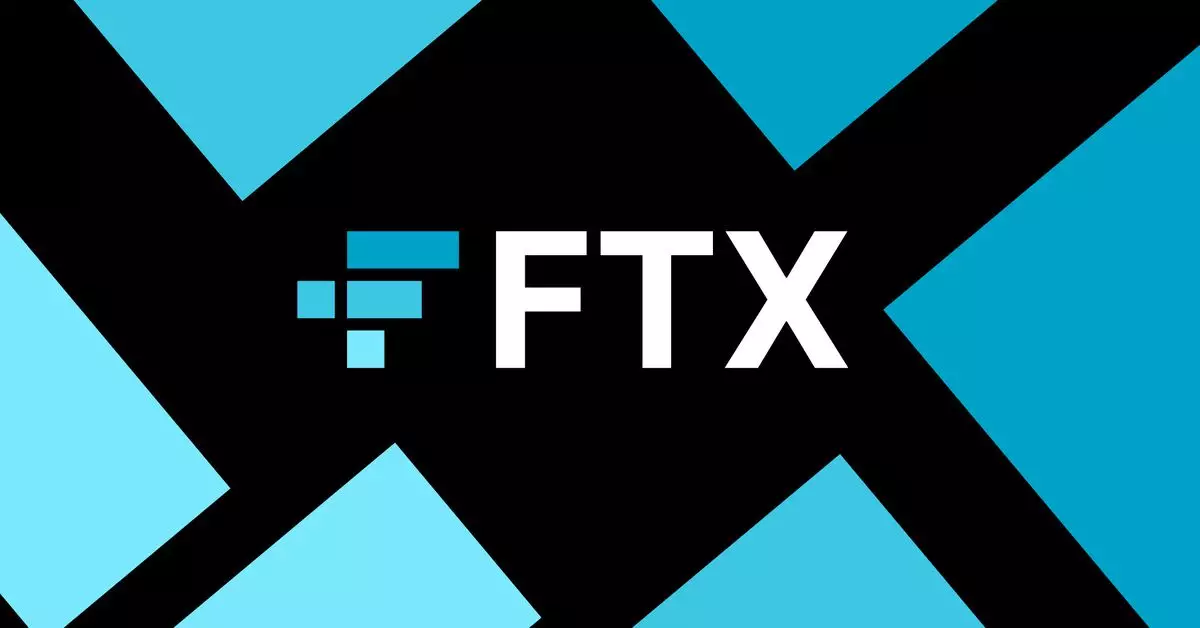The turbulent world of cryptocurrency continues to capture headlines as the estate of the disgraced FTX exchange embarks on a significant legal campaign. Recently, the FTX estate has initiated a lawsuit against competitors Binance and its former CEO, Changpeng Zhao, claiming a staggering $1.76 billion in damages. Allegations in the suit include the fraudulent transfer of funds as part of a share buyback agreement between FTX and Binance, purportedly executed at a time when FTX was already drowning in insolvency.
Fraudulent Transactions and Regulatory Oversight
The heart of FTX’s allegations rests on a deal struck in July 2021, where Binance allegedly returned its 20% stake in FTX’s international operations alongside an 18.4% stake in its U.S. platform. This was financed through a blend of cryptocurrencies associated with both FTX and Binance. However, FTX’s court filing claims that under the guidance of co-founder Sam Bankman-Fried, the transaction breached legal protocols, as the company, alongside its affiliate Alameda Research, had already been compromised by significant financial mismanagement. This scenario raises critical questions about the due diligence practices that crypto firms must undertake and the regulatory frameworks that govern such transactions.
Central to this ongoing saga is Sam Bankman-Fried, whose conviction for fraud pushed FTX into the spotlight not only for its downfall but for a broader examination of ethical standards within the crypto industry. Bankman-Fried’s misallocation of customer deposits for ventures unrelated to the trading platform set off a cascade of withdrawals when that dubious financial footing became public knowledge. Such high-profile fraud forays have ignited discussions about the need for robust oversight and strict adherence to ethical norms in an industry often criticized for its lack of transparency.
The Impact of Zhao’s Allegations
Adding complexity to the legal tangle, FTX asserts that Zhao engaged in deceptive social media practices, which exacerbated the crisis. A particularly notable event was Zhao’s tweet in November 2022, indicating plans to liquidate a significant amount of FTX tokens. FTX argues that this tweet instigated a mass withdrawal of funds from its platform, ultimately precipitating its catastrophic failure. This brings forth intriguing insights into how market sentiment and investor trust can be manipulated, amplifying the industry’s need for responsible communication from its leaders.
The unfolding lawsuit is merely one facet of a larger narrative, as FTX pursues over twenty lawsuits aimed at recuperating billions owed to its creditors. Alongside these legal pursuits, the estate is attempting to recover approximately $90 million from various parties, illustrating just how widespread the repercussions of this scandal are. With implications stretching far beyond a single exchange, this situation serves as a wake-up call to the cryptocurrency sector, emphasizing accountability, consumer protection, and the urgent need for regulatory reforms.
As the legal proceedings advance, the outcomes could set significant precedents for how cryptocurrency firms operate in the future. Ultimately, the FTX saga is not just a story of corporate failure; it crystallizes the pressing issues of governance, ethics, and regulatory scrutiny. Stakeholders across the industry must glean lessons from these tumultuous events to pave the way for a more secure and trustworthy digital finance landscape. The fate of institutions like FTX will likely define the cryptocurrency ecosystem for years to come.


Leave a Reply